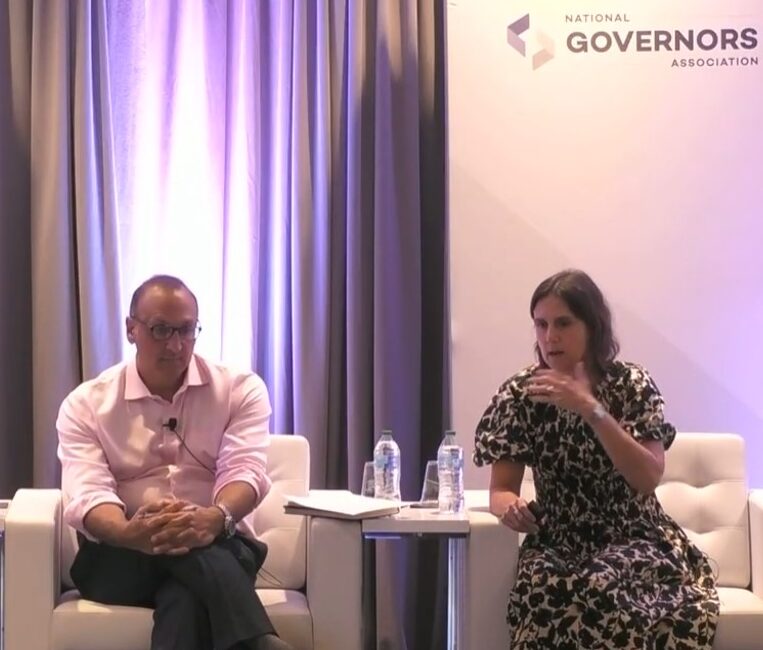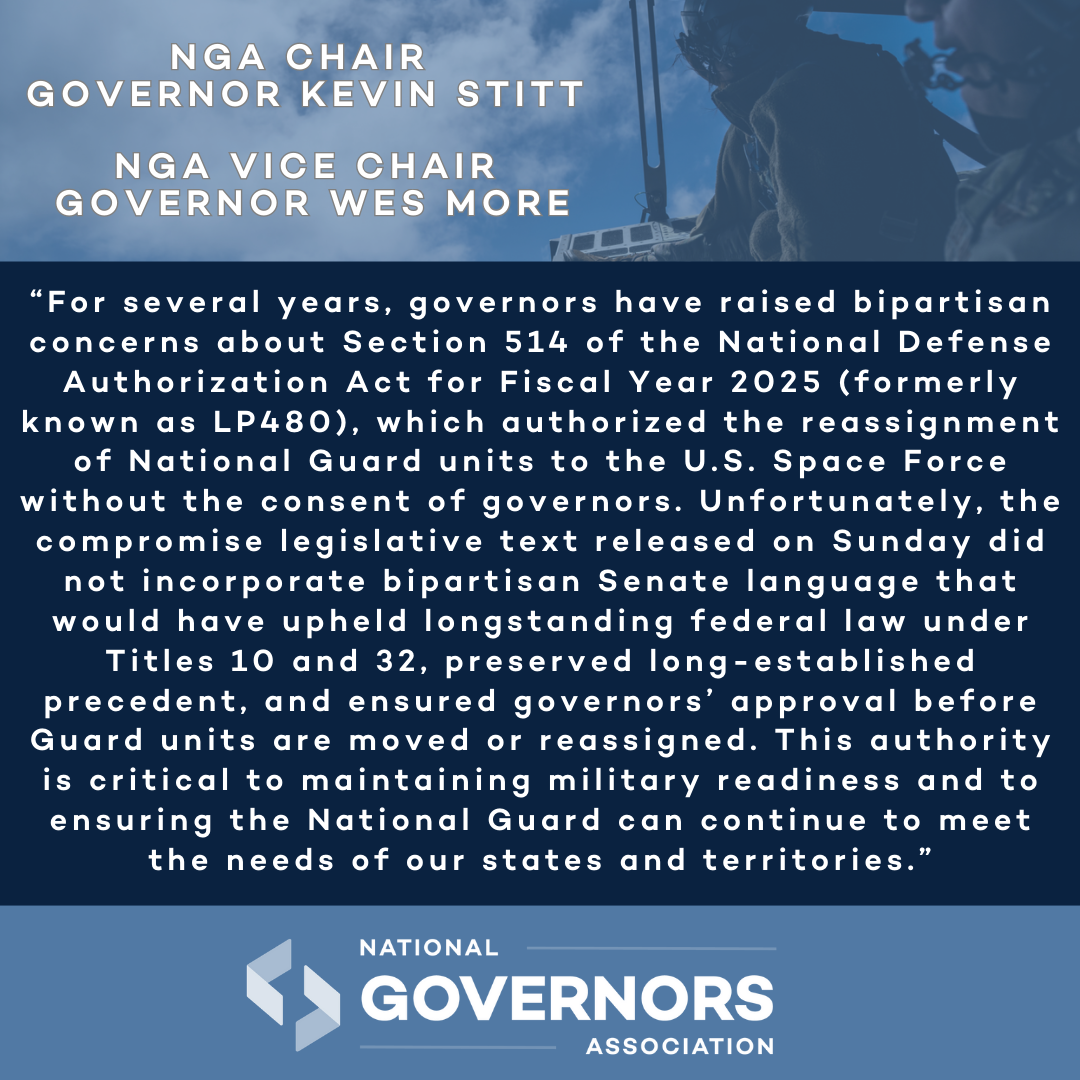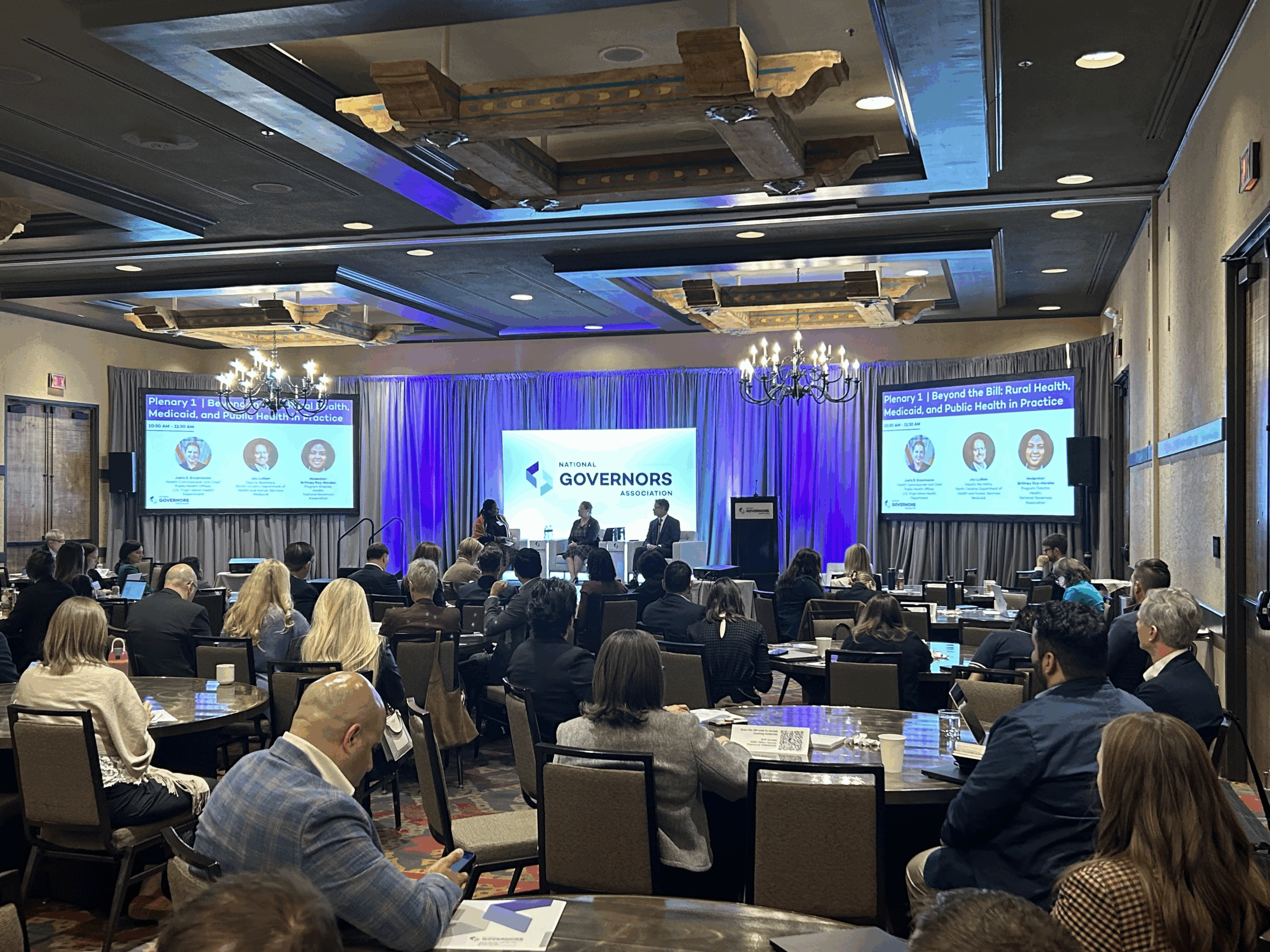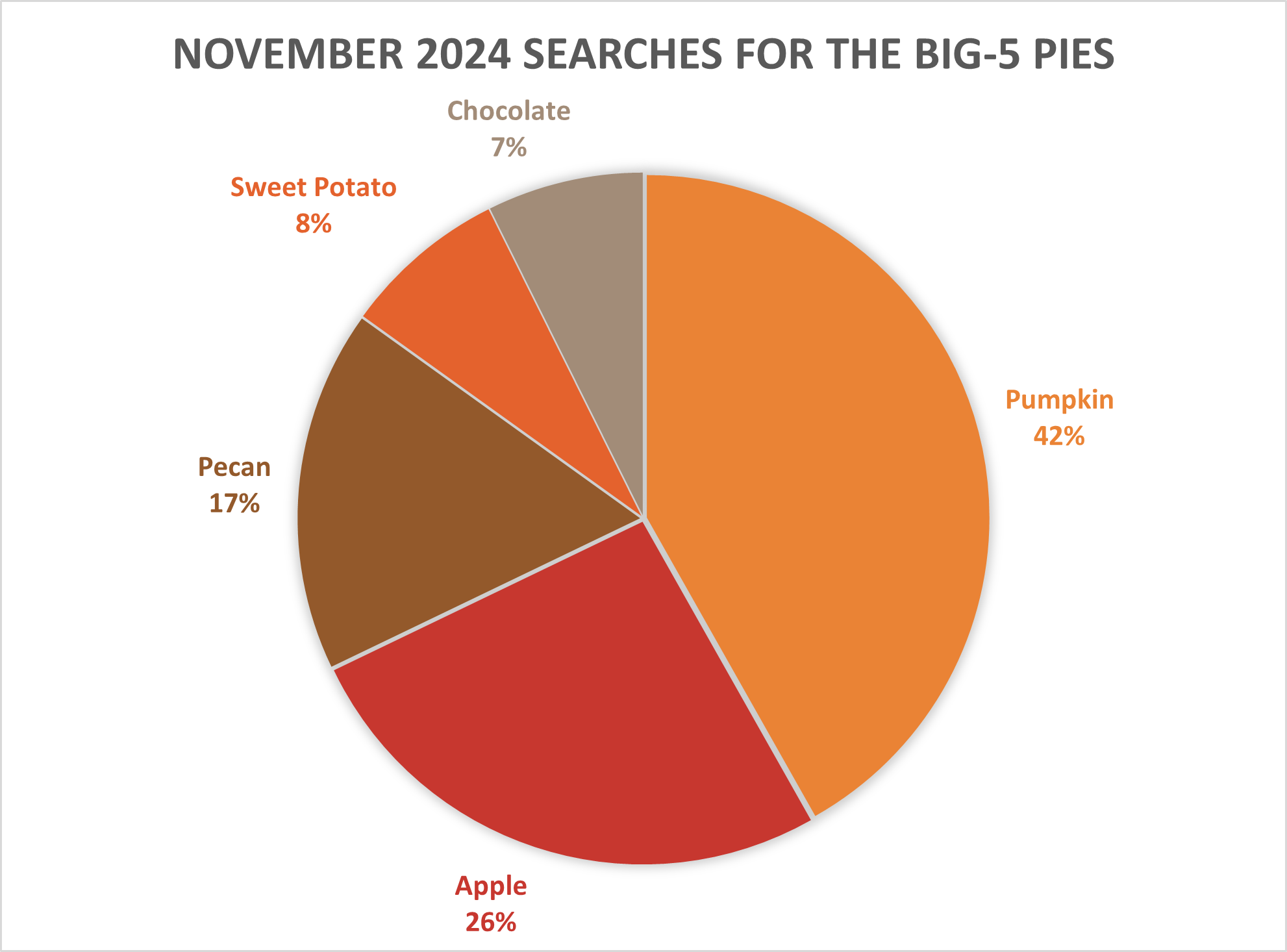The Co-Chairs of the National Governors Association’s Economic Development and Revitalization Task Force wrote a letter to Congressional leaders urging them to mitigate further funding cuts to water infrastructure projects.
The Honorable Patty Murray
Chair
Senate Committee on Appropriations
Capitol Building S-146A
Washington, DC 20510
The Honorable Kay Granger
Chair
House Committee on Appropriations
1036 Longworth House Office Building
Washington, DC 20515
The Honorable Susan Collins
Vice Chair
Senate Committee on Appropriations
Capitol Building S-128
Washington, DC 20510
The Honorable Rosa DeLauro
Ranking Member
House Committee on Appropriations
1036 Longworth House Office Building
Washington, DC 20515
Dear Chair Murray, Chair Granger, Vice Chair Collins, and Ranking Member DeLauro:
As Co-Chairs of the bipartisan National Governors Association Economic Development and Revitalization Task Force, we write to express our concern regarding the adverse impact of Congressionally Directed Spending (CDS) on the Clean Water and Drinking Water State Revolving Funds (SRFs).
The SRFs were established to provide funding to states and territories to make low-interest loans for water infrastructure projects. The revolving loan programs, which have operated successfully for decades, are state-run and federally-financed through annual capitalization grants to each state and territory. Key to the historic success of SRFs has been the ability of states and territories to leverage federal funding to finance low-interest loans and recycle loan repayments to maximize the impact of those initial federal investments. Over time, capitalization grants allow SRFs to build a permanent source of recurring revenue to meet the ongoing needs of rehabilitating, replacing, and rebuilding resilient water infrastructure.
However, SRFs are now at risk across the country because of how projects that receive CDS are being funded. Historically, CDS for water projects have been funded through a separate appropriation. But since FY 2022, CDS water projects have drawn funding away from the SRF programs, significantly reducing the annual funding states and territories receive to sustain their SRFs. Even with CDS, 45 states and territories have received less in total water infrastructure funding in at least one of the last two fiscal years, resulting in a $2.3 billion cut to annual federal funding for state-administered SRF projects (42%). For example, Kentucky’s SRF funding has been cut by more than half over this time period.
States and territories have a long history of successfully running these programs, and many rely partially or fully on capitalization grants to finance the administration of their SRFs and offer principal loan forgiveness for disadvantaged communities. Because CDS provides grants rather than loans and operates outside the SRF framework, these expenditures cannot be recaptured for future use. Of note, the one-time boost to water infrastructure funding provided by the bipartisan Infrastructure Investment and Jobs Act has statutory limits that will leave SRF programs fiscally unsound over the long term when funding expires, unless action is taken.
On behalf of all Governors, we recognize our mutual desire to provide our constituents with clean, safe drinking water and wastewater services and ask that Congress take steps to mitigate further cuts to SRF capitalization grants. We thank you for your continued partnership and look forward to working together to ensure all Americans have access to these critical services.
Sincerely,
Governor Andy Beshear
State of Kentucky
Co-Chair, NGA Task Force on Economic Development and Revitalization
National Governors Association
Governor Henry McMaster
State of South Carolina
Co-Chair, NGA Task Force on Economic Development and Revitalization
National Governors Association












